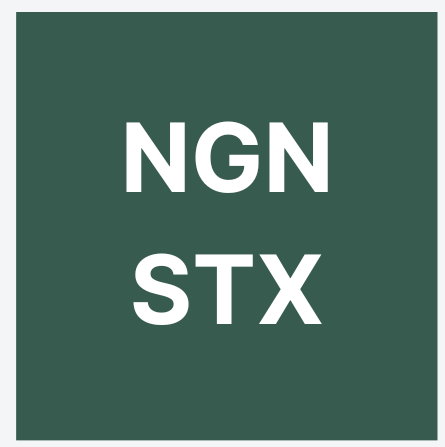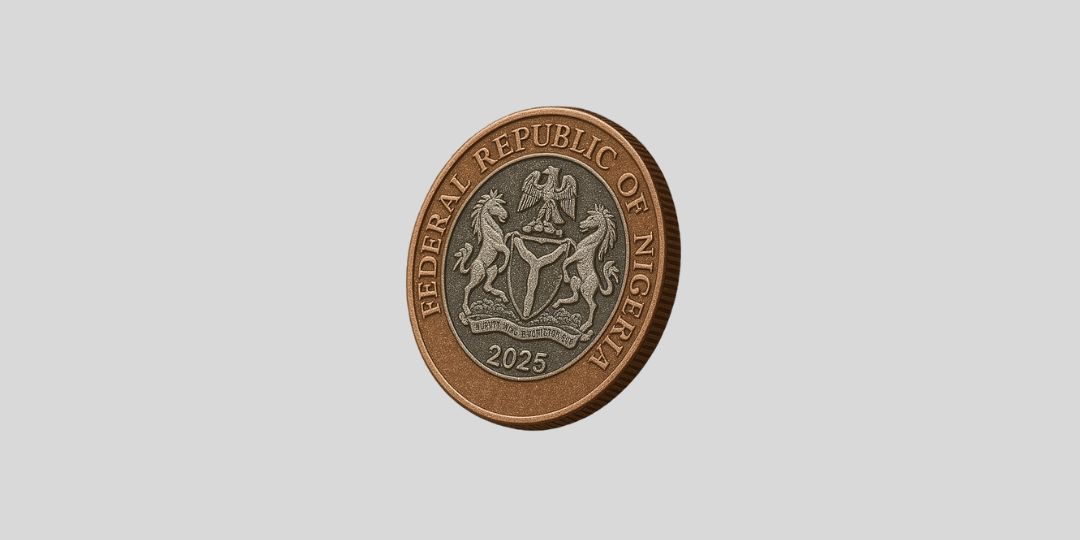There are only 18 stocks stuck below ₦1 pricing on the Nigerian Stock Exchange.* In a trickle of chats I had with young investors like myself in the NGN STX community, I found out many see this as an opportunity. Femi** had said the ice cream money he had put in a couple of these kobo stocks was scooping some sustainable profit.
People bought some of the stocks we see at ₦10, ₦100 and ₦1000 when they were still kobo. Chuks quipped that he had bought a stock when it was 0.95 kobo years ago and it’s now ₦16.50. I began to think to myself that it seems a class of investors are mopping kobo and single naira digit stocks.
What are the opportunities? What can go wrong? If you want to get a balanced perspective to the Nigerian Stock Exchange’s version of penny stocks, this article just got interesting.
First, how low can a stock go?
“I heard of someone who buys in large amounts for penny stocks at 20 kobo”, Dee, another member of the community, said “because it never goes down from there, then any uptick in the stocks is potentially a win.” Is that really so?

There are 3 answers and neither is wrong. Nigerian stocks can’t go below 50 kobo, 20 kobo and 1 kobo. I’ll be straightforward about why. The NSE Rulebook 2015 (you should really download that) states that no share can trade below 1 kobo. Historically, we have only seen prices go as low as 20 kobo (Smart Products Nigeria, Capital Oil, Dunlop, Standard Alliance Insurance). Well, while that reality is glaring, some experts may argue that 50 kobo is the lowest it can go, which only makes sense because that’s the par value of stocks when they get introduced to the NGX. Going lower than that means the ice cream man has been licking the lollipop he wants to sell.
The major basis anyone would be stashing a kobo stock is to see it go up. And it does go up. For example, Veritas Kapital Assurance share price crossed the ₦1 mark for the first time ever on July 1st, 2024.
However, there are patterns to pay attention to because not every kobo stock is ever making it to a naira. There’s almost none of these stocks that does not have a background story for you to be surprised that they are trading this low. One of them is the likely absence of founding leadership. While I honor their legacy, DAAR, Capital Oil, and Omatek have struggled to get investor’s confidence since Dokpesi, Uba and Seriki passed. Could this further be a cautionary tale to publicly listed companies that seem to revolve around a few key people?
- Capital Oil was 20 kobo when Ifeanyi Uba passed on 27, July 2024 and it’s still 20 kobo.**
- Omatek was 0.50 when Florence Seriki passed on on March 3, 2017 and it’s now 0.71 kobo.
- DAAR was 0.20 when Raymond Dokpesi passed on on 29 May 2023 and it’s now 0.60 kobo.
There’s also a likelihood that market makers are absent in a couple of kobo stocks. Illustratively, market makers would deploy a good amount of money into certain stocks … they will buy like 10 million naira worth of stock so that anyone that wants to buy will be able to buy even when there’s no one to sell and they will reserve about 10 million naira as well so that any one that wants to sell will have a ready buyer. I’m making it sound simple, it’s more complex than that and I doubt these kobo stocks have market makers who take them seriously.
For that reason, if you eventually buy a kobo stock, you may face delays in your sell transaction due to low transaction volume and few to zero people wanting to buy. One tip to know if people are buying a stock actively is to see the columns for Trades, Volume and Value on the Equity Price list of the Nigerian Stock Exchange. Price may be static for a couple of days but if you see movement in those 3 columns, it’s an indicator of pulse. It could be a long game to see an up-action, but inflation won’t be on your team.

Eventually, a kobo stock could be delisted. Look at this report of some naughty stocks getting fined and delisted in 2016. Of the 25 stocks called out, 6 are still on the NGX today (Daar Communications Plc, Dunlop Tyre & Rubber Plc, Standard Alliance Insurance Plc, Sovereign Trust Insurance Plc,Tripple Gee and Company Plc, Cornerstone Insurance Plc) and only the last two of them are not kobo stocks.
Look out for the compliance status indicator code in front of the stock symbol. On the Equity Price list of the Nigerian Stock Exchange, you will see some letter codes in front of some stocks and here’s their meaning:
- MRF: Missed Regulatory Filing – This indicates that the issuer has missed a regulatory filing deadline.
- DIP: Delisting in Progress – This means the company is in the process of being delisted from the exchange, either voluntarily or mandatorily.
- DWL: Delisting Watch-list – Companies on this list have received a delisting notice but have been granted a stay of action to rectify issues.
- BLS: Below Listing Standard – This indicates that the company does not meet the continuing listing standards.
- MRS: Missed Regulatory Filing and Restructuring – This code signifies that the company has missed regulatory filings and is undergoing restructuring.
- BMF: Below Listing Standard and Missed Regulatory Filing – This indicates that the company is below listing standards and has missed regulatory filings.
- RST: Restructuring – This means the company is in the process of restructuring.
The bottom 10 of the 18 kobo stocks on the NGX have one of these codes on them. This indicates they are on a delisting watchlist or they missed a regulatory filing. You still want to stick your cash into that?
To conclude, it’s not bad for anyone to want to buy a dip on the Nigerian Stock Exchange. Just ensure to check the news thoroughly for the timeline of decline. Knowing why and how a stock got into a position can help you tell if it’s getting out profitably. Don’t also joke with compliance status indicator codes. See, the best way to grow your stash safely is to follow the money. There’s got to be a company you have deemed profitable that other people are actively investing in too.
This article was brought about by a friendly conversation in the NGN STX community. Join us through any of the mediums in the footer of this website so you never miss a gist. If you would love to write with us, come along too.
Note
- *Prices quoted in this article are from March 28, 2025. By the next weekend after this article was written, Capital Oil, Goldlink Insurance and Medview Airline got delisted.
- **To protect the privacy of individuals, names and identifying details have been changed.

28. Investing profitably in Nigerian and foreign stocks since 2020, Daniel is currently a final level student at the Chartered Institute of Stockbrokers. Outside of finance, Daniel is the founder of Space Bar Africa. He has worked in IT for fintech and military engineering companies.


